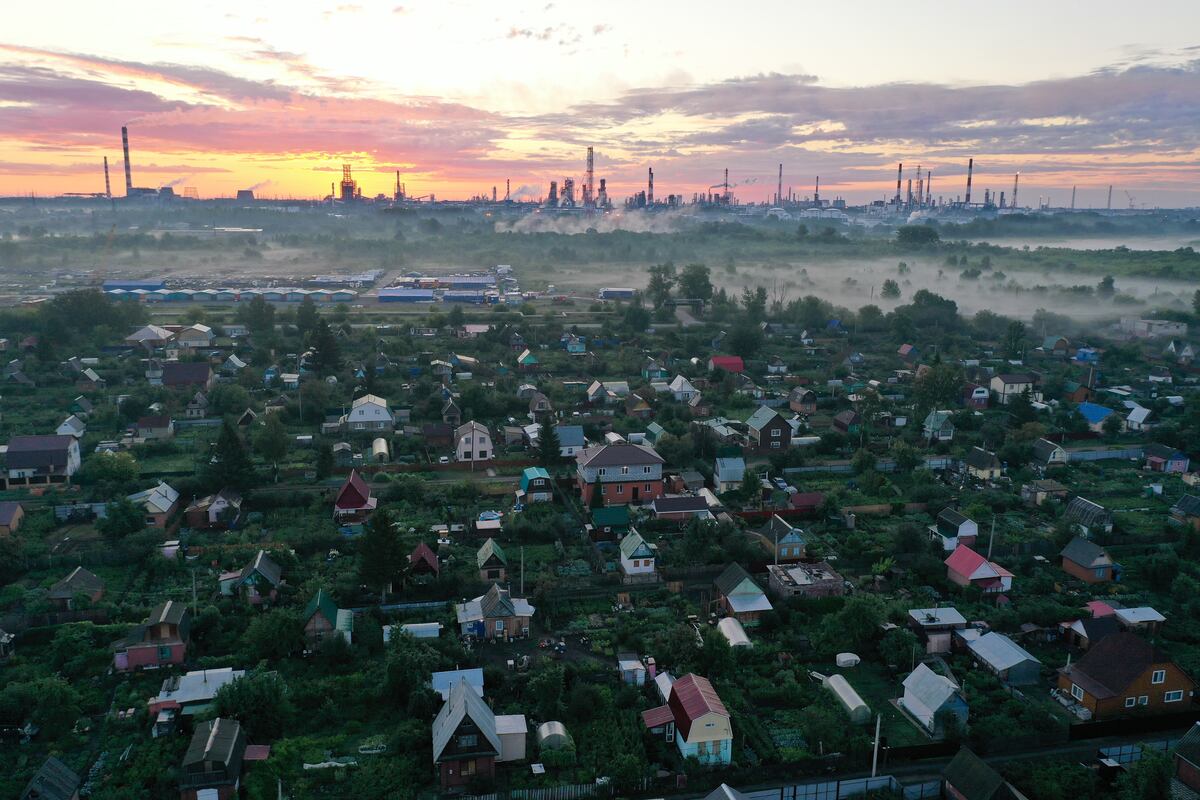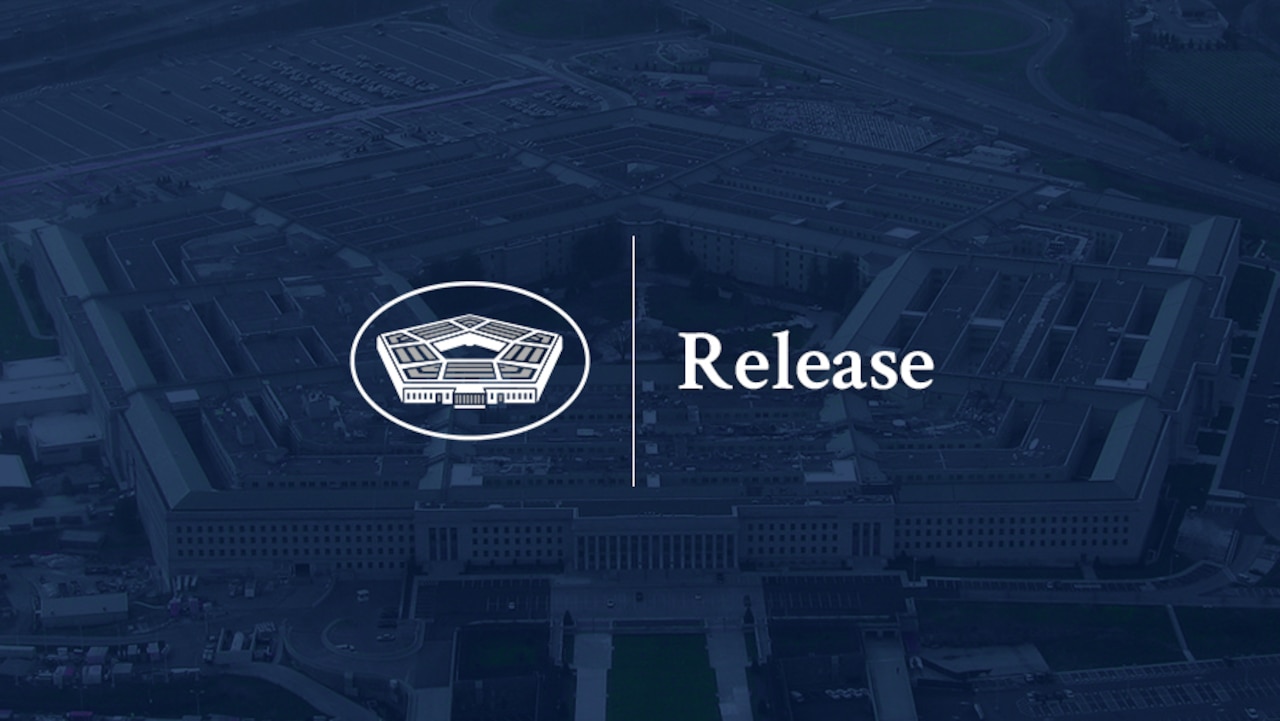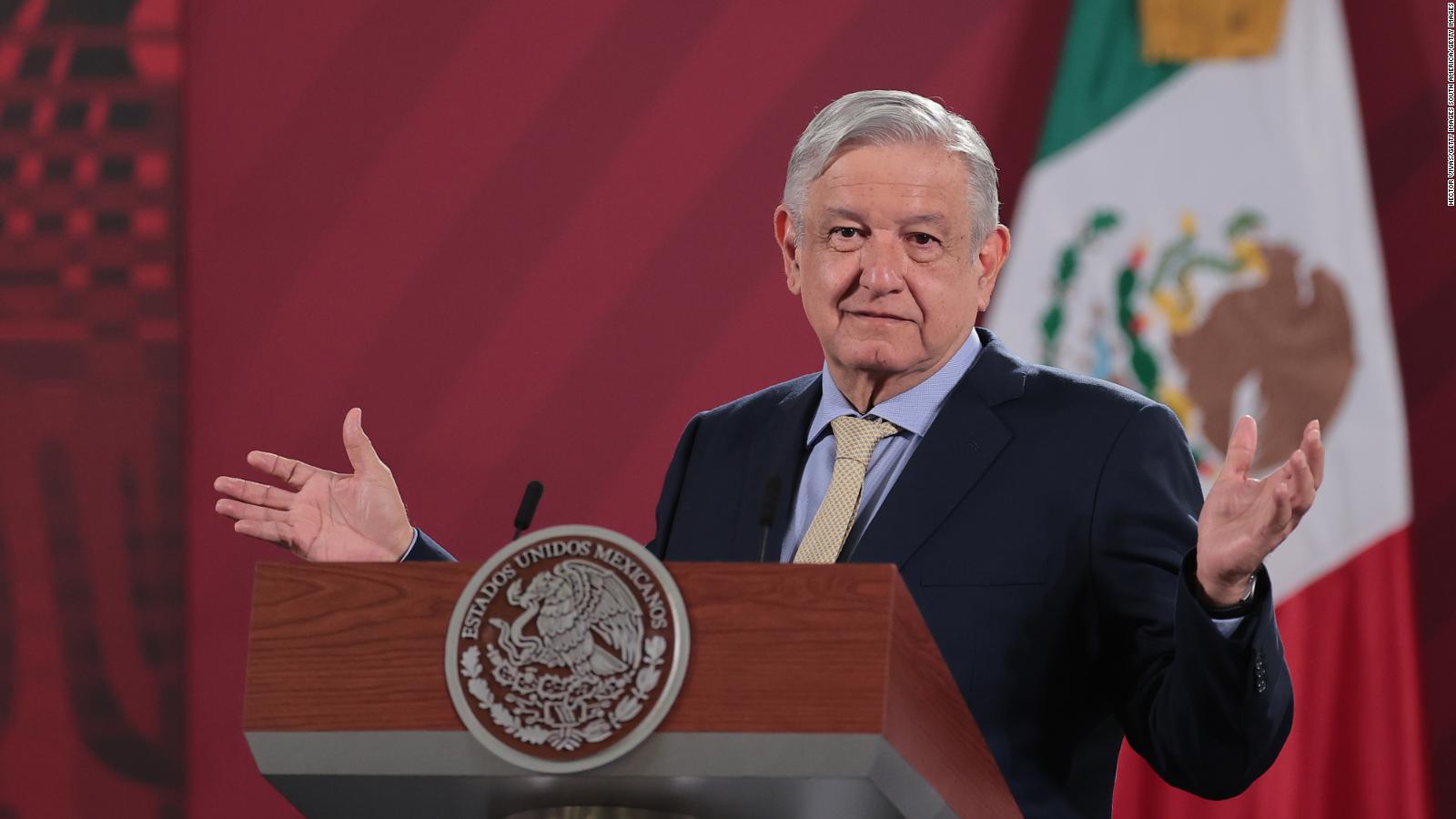With the prospect of cold winter in sight and in a scenario of chaotic markets and skyrocketing energy prices in Europe, Russia is pulling out its muscle as an energy powerhouse. The Eurasian country supplies a third of the gas to Europe, is the largest supplier in the region, and the Kremlin is taking advantage of the energy crisis to push its agenda and remind the EU that it needs its gas, despite years of confrontation, sanctions and plans to diversify and develop alternative sources to alleviate dependence on Moscow. Some European officials accuse Moscow and its gas company, Gazprom, of intentionally withholding supplies as a pressure measure to speed up approval of the controversial Nord Stream 2 pipeline, which will pump gas directly into Germany. The Kremlin denies it and assures that not only does it strictly comply with its contracts, but that its exports this year have been superior to others.
Russia’s role in the current energy crisis is a point of heated debate among experts. But not its influence as an oil and gas superpower. On Wednesday, on a turbulent day in which the European benchmark gas rose 40% in a few minutes, the willingness of Russian President Vladimir Putin to “carefully” increase the supply of gas had an instant effect on the markets: prices went down.
Natural gas is used to generate around a fifth of electricity in Europe. And now, due to various factors, it seems that gas does not meet demand expectations. This has raised its price and, therefore, the price of electricity, which has had an impact on the markets and the pockets of consumers.
And with this reality in the background, Russia has slipped that a rapid certification of the Nord Stream 2 gas pipeline – which avoids transit through Ukraine and is opposed by the United States and several Eastern European countries, which they believe increases dependence on Moscow – it would be a “positive sign” that could “cool down the current situation a bit,” said Energy Minister Alexander Novak, who also commented that they could open the hand to supply “at least small volumes” additional gas on the stock exchange. Petersburg, where Gazprom is based, to reduce what Putin called a “speculative frenzy.” “Russia has always been and is a reliable supplier of gas for its consumers around the world, both for Asia and Europe, and always fulfills all its obligations in full,” Putin remarked when criticism of Moscow raged in capitals European.
The Kremlin has also blamed the European authorities for the “mistake” of moving from long-term contracts, which Moscow prefers and favors – such as the 15-year pact it just signed with Hungary in the midst of the gas crisis – to sales to short-term on exchanges and market-based.
Despite the Kremlin’s stance, veteran energy analyst Mikhail Krutijin has no doubt. Russia, he says, has a leading role in the current crisis. “Gazprom has greatly altered the markets by refusing to sign new gas supply contracts and sticking only to those already agreed,” he says. “It maintains a deliberate policy of restricting supplies as a blackmail scheme to promote Nord Stream 2,” says the expert, a partner at the consultancy Rusenergy. “The intention of the Russian authorities is to bring Europe to its knees to achieve its intentions and work as a monopoly in the gas pipeline,” adds Krutijin, who points to financial market speculation as a second factor.
Join now EL PAÍS to follow all the news and read without limits
Subscribe here
With the data in hand, Gazprom exported record volumes to Europe during the first nine months of the year. Although shipments fell in September and lower supplies through the Ukrainian and Polish transit routes sparked criticism and suspicions that Moscow was holding back supplies to force faster approval of the controversial gas pipeline, which is already completed under the bed. from the Baltic Sea and awaiting only final certification after years of political fights.
Vitaly Yermakov, a senior fellow at the Oxford Institute for Energy Studies, believes the position of many European analysts and officials to blame Russia is “unwise.” “They have not bothered to verify the data and the facts. Russia has increased its exports to Europe, although it has not been enough ”, says the expert. Russia, he also points out, is a large and cold country, and although it has prolific reserves it does not have unlimited supplies, and before exporting to Europe it has, by law, to cover internal demand and supply its own market.
Yermakov points out a combination of factors that have led to the current energy crisis: the climate, with a colder winter followed by a long and cold spring and a harsh summer in which there was not much wind; the consequences of the pandemic and the restrictions imposed by covid-19, which have resulted in a decrease in gas production in some markets; China’s role as a key operator, which has increased its energy imports; also that Latin America has imported more energy this year. “As a result, the European market has less supply, less energy available,” says the expert, who argues that Russia has nevertheless increased its exports to Germany and Turkey, with which it has long-term contracts. “Criticism of Russia is unfounded and distracts from the poor and reckless energy policy decisions that Brussels bureaucrats have made over the last decade, specifically by relying on market competition as the ultimate solution to all problems and without take into account the need to guarantee energy security and create mechanisms to avoid market failures ”, Yermakov believes.
In fact, says Anna Kokoreva, senior analyst at consultancy Coface Russia, the EU now seems “more interested” in the accelerated approval of Nord Stream 2. “Winter is coming and it is not known if it will be mild. And although EU storage facilities are full enough for the winter period, the Nord Stream 2 will help eliminate unpredictable risks of increased demand in severe weather, ”he abounds. The energy crisis is also having an impact on the Russian stock markets. Although unlike in the EU. Gazprom share prices are hitting all-time highs in rubles.
The European Commission is investigating complaints from some countries that Russia is using its influence. “While Russia respects long-term contracts,” European Energy Commissioner Kadri Simson said on Wednesday, “it did not reserve additional capacity, despite rising prices; which aggravates the tight balance ”, he added in the plenary session of the European Parliament on energy prices. In addition to the investigation, Brussels has announced that it will publish a “toolbox” or measures to address the price increase. The energy crisis is forcing EU ministers to confront their dependence on natural gas.
Also the International Energy Agency (IEA), in a rare reprimand to the Kremlin, has stressed that Russia “could do more to increase gas availability in Europe and ensure that storage is filled to adequate levels in preparation for winter.” . Other analysts point out that by gradually avoiding Ukraine, Russia is not using all its capacity to export gas to Europe and that also impacts the markets.
A very controversial project
The Nord Stream 2, which has become the most controversial gas pipeline for world politics, will allow the Russian giant to deliver 55 billion cubic meters of gas to Europe each year through 2,460 kilometers of pipelines that cover the more than 1,200 kilometers from the Russian Ust-Luga to Lubmin, in Germany. The project was due to have been completed in 2019, but highly politicized, it has focused much of the debate on relations between the West and Moscow. Russia, Germany and countries like France assure that the project is “purely economic” and that it will be beneficial.
Meanwhile, the United States – which also wants to supply its own gas – and the Eastern European countries fear that it will become another tentacle of Moscow’s influence and reinforce Russia’s position as the Union’s main supplier. In addition, they point out that it will make Ukraine more vulnerable – through which several pipelines now pass and that, in addition, it would face millionaire losses in what now enters through transit fees -, a geostrategic country for the EU and NATO. On Wednesday, amidst a wave of criticism, President Vladimir Putin commented that Ukraine’s transit route is “economically disadvantageous” and more polluting. In recent times, Moscow has diversified its gas export routes and now avoids much of the Ukrainian territory to the north, with the Nord Stream 2, and to the south, with the TurkStream, which passes through the bed of the Black Sea and it conducts the gas through two branches, one to Turkey and the other to countries in southern and southeastern Europe, such as Bulgaria.
Follow all the international information at Facebook and Twitter, o en our weekly newsletter.






